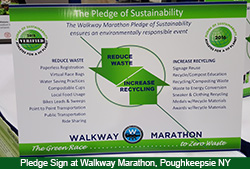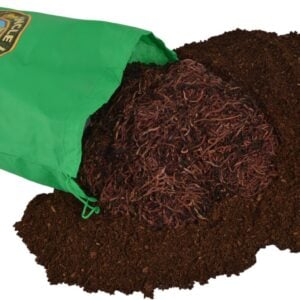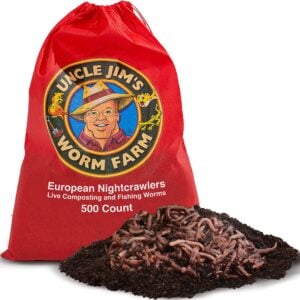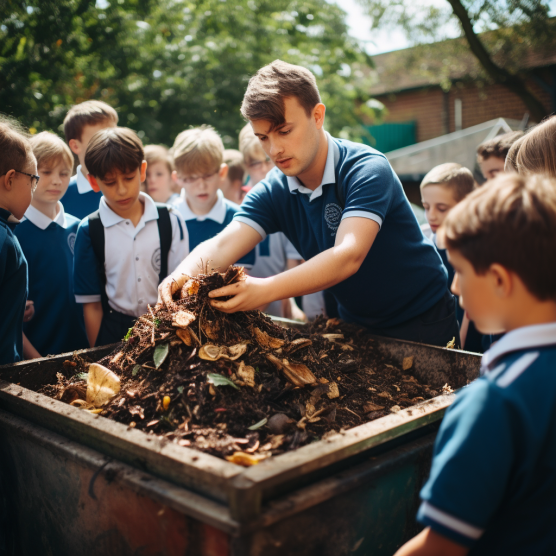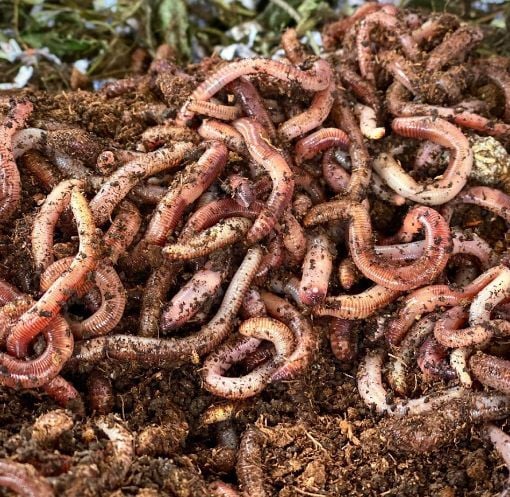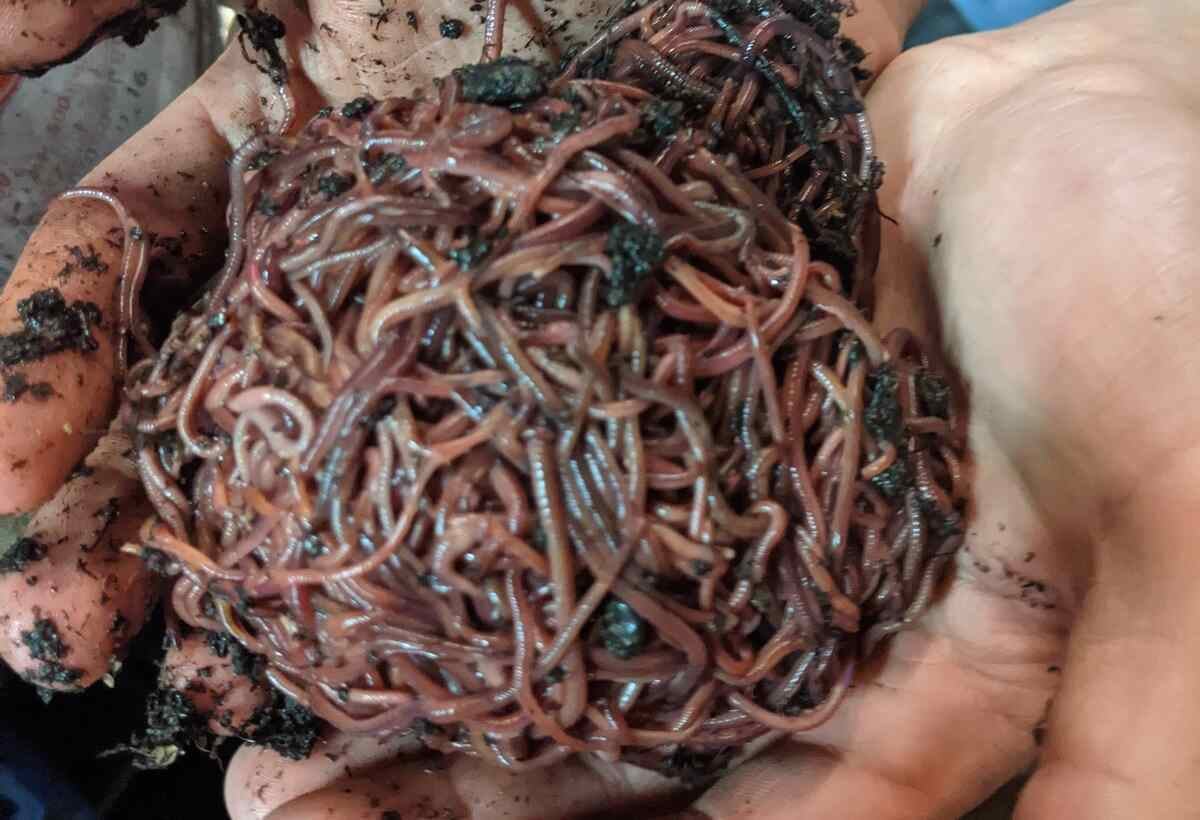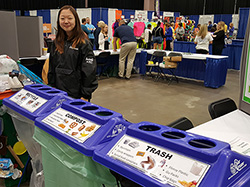 A typical convention, marathon, conference, wedding reception, large party, horse show, festival, or trade show produces huge amounts of trash. With careful event planning, the amount of trash generated can be dramatically reduced. This helps save resources and reduces cleanup time. Zero-waste events redirect organic matter into composting programs and move plastic, metal, glass and cardboard into recycling programs.
A typical convention, marathon, conference, wedding reception, large party, horse show, festival, or trade show produces huge amounts of trash. With careful event planning, the amount of trash generated can be dramatically reduced. This helps save resources and reduces cleanup time. Zero-waste events redirect organic matter into composting programs and move plastic, metal, glass and cardboard into recycling programs.
Event planners can do the math. Typically, it’s less expensive to prevent waste and separate out useful materials than it is to haul everything to a landfill or incinerator. “Greening” an event is also good public relations. And it’s inherently better for the environment. The topic of the event makes no difference: a conference for organic growers and oil executives’ convention should all go green.
Waste reduction goes into nearly every aspect of the event.
Marketing and Publicity: Do as much online marketing and publicity as possible. Online marketing, such as emails, websites, social media and online ads, use few resources. Put paper flyers and posters in places where they will make the biggest difference. Use recycled paper and make sure your flyer is recyclable. Offer a smartphone app for your event, in lieu of a paper program.
Participant Packets: Send materials and electronic coupons via email instead of loading participants down with paper. Consider replacing goodie bags with a staffed “freebie” table. Event clothing should be made from recycled materials or organic cotton.
Signage: Design durable signs that can be re-used year after year just by changing the dates. This also saves a lot of money on annual events!
Water: No bottled water. Provide water stations with compostable cups.
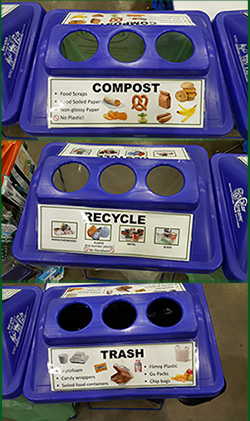 Recycling: Set up easy-to-find recycling stations throughout the venue. Use clearly labeled receptacles: Compost; Recyclables; and Trash. Each receptacle should include pictures and words indicating exactly the types of material it takes. Recyclables can be sorted out later if required. Enlist a conscientious team whose only job is to help people use the receptacles correctly and get full containers removed. Eco-Cycle.org rents collapsible recycling bins with bags to catch the materials.
Recycling: Set up easy-to-find recycling stations throughout the venue. Use clearly labeled receptacles: Compost; Recyclables; and Trash. Each receptacle should include pictures and words indicating exactly the types of material it takes. Recyclables can be sorted out later if required. Enlist a conscientious team whose only job is to help people use the receptacles correctly and get full containers removed. Eco-Cycle.org rents collapsible recycling bins with bags to catch the materials.
Food Vendors: Explain to food vendors how to use the recycling system. Food vendors often have larger recyclable items such as cardboard boxes and big plastic jugs. Offer to pick them up or tell the vendors where to put them. Use compostable dishware, utensils, and napkins – their customers can drop them into the compost bins without scraping off left-over food. If possible, set up a system for re-using and sterilizing dishware. Does all food need to be in a dish? Ice cream cones were invented when a food vendor ran out of dishes! Offer discounts to customers who purchase refillable cups or bring their own. Make sustainability required, or give a bonus to vendors who participate.
The compostable items you collect need to be placed in a composting program. Many cities, municipalities and private waste management companies offer composting services. Organic waste that sits for a day or two starts to grow anaerobic bacteria. So move quickly! Aerobic large-scale composting programs often use composting worms to speed up the process.
Spectators at the 1-day Indy 500 car race in 2016 left massive amounts of trash behind. Volunteers and maintenance workers took days to clean up the campgrounds and stands. Good event planning creates a culture of accountability. When everyone is on board, from the organizers to the food vendors to the maintenance crews, most event attendees will cooperate with a zero-waste goal. And generating more compost is always a good thing! Finished compost is perfect for gardens, lawns and landscaping projects.
